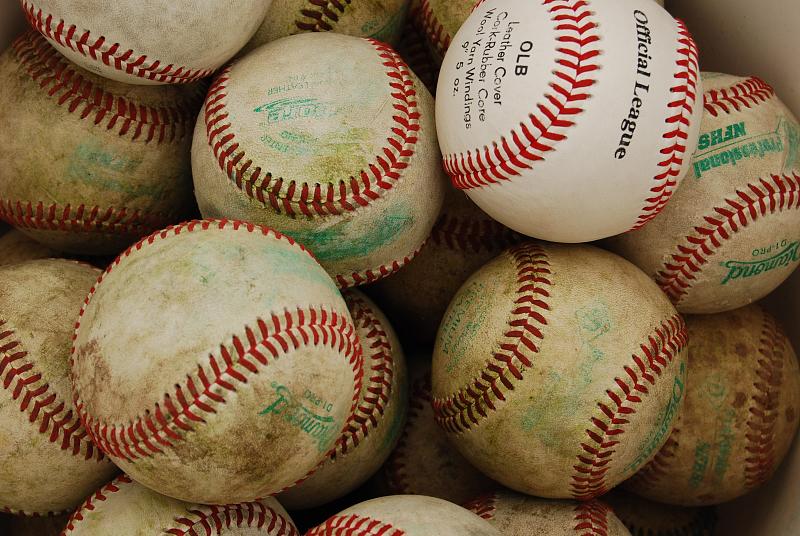The 2003 publication of Michael Lewis’s Moneyball: The Art of Winning an Unfair Game changed the sport of baseball forever, made the concept of sabermetrics something close to a household name, and spawned a critically acclaimed 2011 film adaptation starring Brad Pitt.
But what happens after the theory expounded in Lewis’s book by the Oakland Athletics’ Billy Beane goes from a radical repudiation of the game’s conventional wisdom to, well, the game’s conventional wisdom?
A study released earlier this year noted that Moneyball, in practice, “loses its edge once everyone’s on to it.” This isn’t shocking in and of itself: the world abounds with instances where the revolutionary theory of a particular moment loses its impact as it becomes widespread. But history also suggests that the time is right for a new theory to intrigue baseball’s brightest theorists.
Cue authors Ben Lindbergh and Travis Sawchik, whose book The MVP Machine: How Baseball’s New Nonconformists Are Using Data to Build Better Players was published earlier this month. In an article in The Atlantic, the theories of Lindbergh and Sawchik are situated on a continuum as the next logical step after other recent shifts in the strategy behind the game.
Steroid use focused on player enhancement, whereas analytics focused on player value. To put it polemically, one was a revolution driven by labor, and the other by management, which is probably one of many reasons the latter has been more readily accepted.
The Atlantic argues that The MVP Machine “represents a synthesis of sorts” relative to the two approaches that preceded it. And their book focuses on a host of high-profile players like Mookie Betts, Trevor Bauer and José Altuve. The Ringer recently published an excerpt from The MVP Machine dealing with the organizational culture of the Houston Astros.
In an interview with CBS Sports, Lindbergh also pointed out that he and his co-author spent time outside of Major League Baseball as they researched their book. “We went where our reporting took us, and often the thread led outside of affiliated ball, in the independent facilities where much of the initial innovation that led to today’s player-development revolution occurred,” Lindbergh said. It’s a fascinating way to explore the game and its evolution — and it may well herald the next wave of advances for the sport.
Editor’s Note: RealClearLife, a news and lifestyle publisher, is now a part of InsideHook. Together, we’ll be covering current events, pop culture, sports, travel, health and the world. Subscribe here for our free daily newsletter.
The Charge will help you move better, think clearer and stay in the game longer. Subscribe to our wellness newsletter today.


















